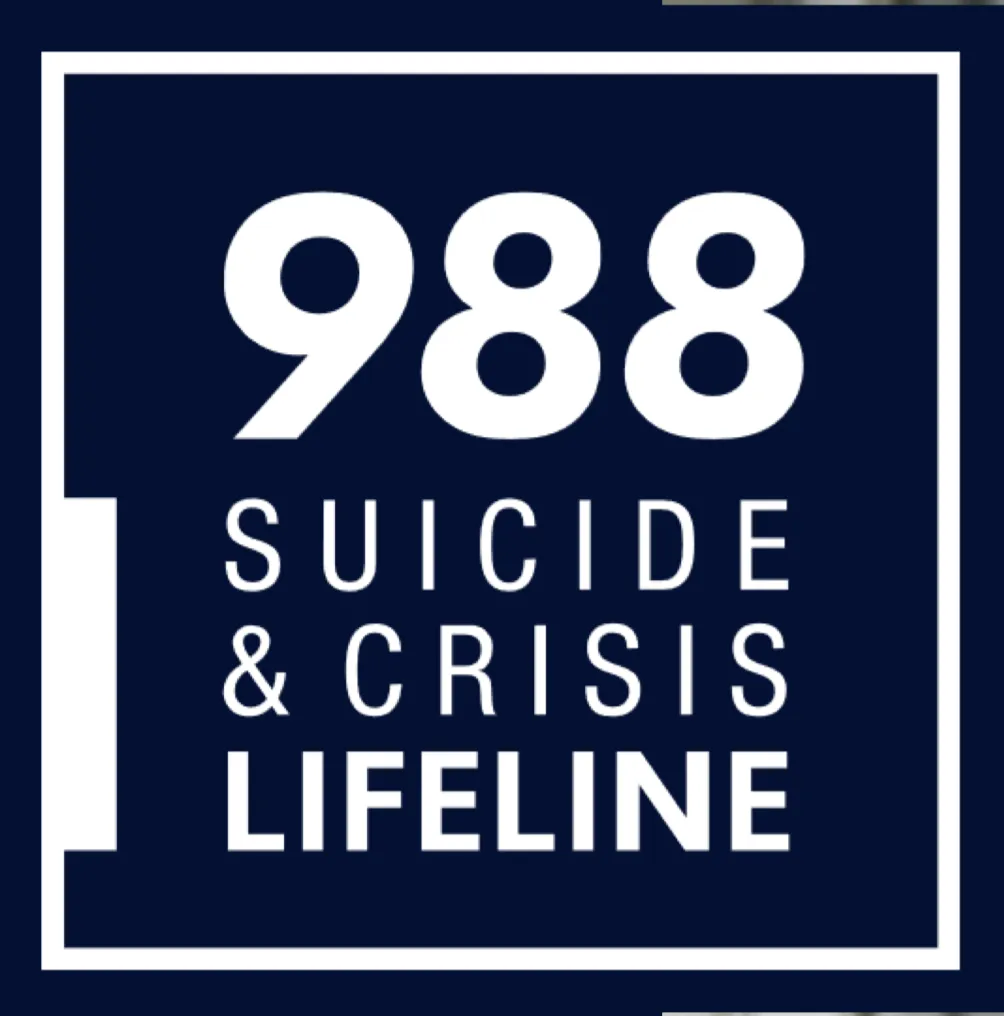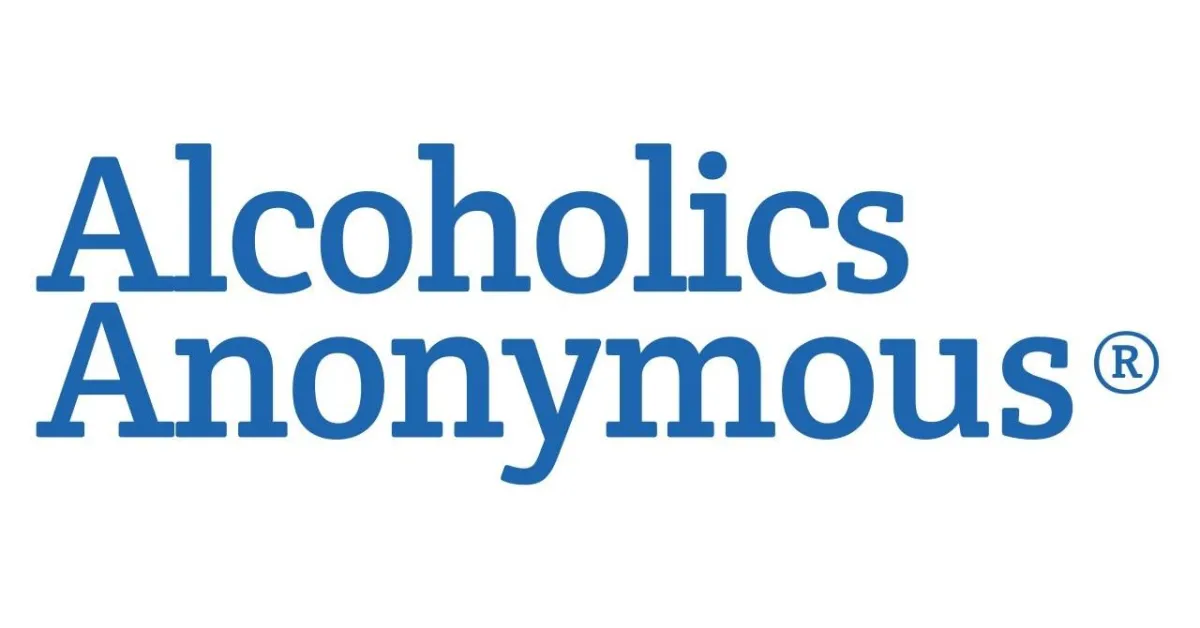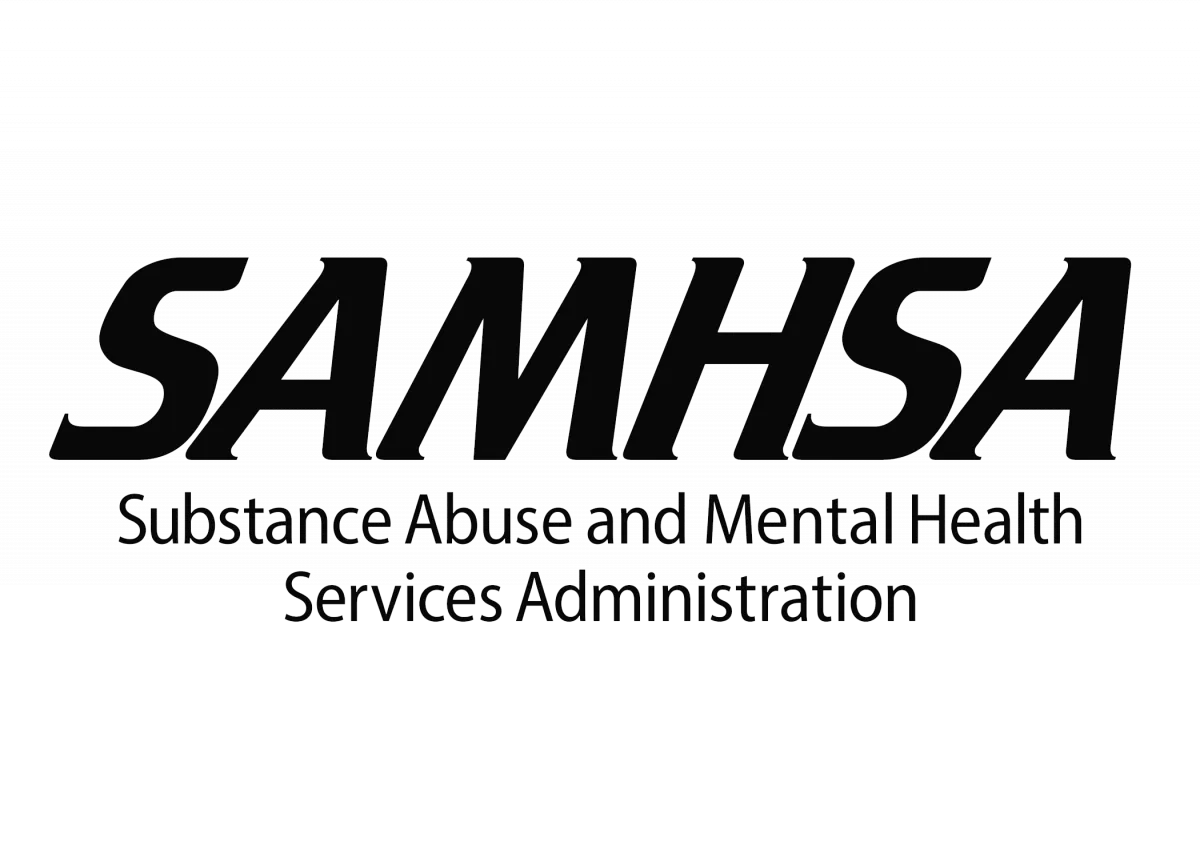FAQS
How does life coaching differ from therapy?
While both life coaching and therapy aim to support personal growth, they have distinct approaches. Therapy typically focuses on addressing past traumas, emotional healing, and diagnosing mental health conditions. On the other hand, life coaching is forward-focused, centered around setting and achieving goals, enhancing performance, and unlocking potential. If you're seeking to overcome specific challenges from your past, therapy might be more suitable. If you're looking to create a roadmap for personal or professional success, life coaching could be the right fit.
How often are coaching sessions conducted?
Coaching sessions frequency can vary based on your needs and preferences. Typically, we recommend starting with weekly sessions to establish momentum and make consistent progress. As you gain confidence and traction towards your goals, sessions might transition to bi-weekly or monthly. The flexibility of our approach ensures that the coaching frequency adapts to your evolving requirements, ensuring optimal support and accountability.
What if I'm unsure about my goals and direction?
It's completely normal to feel uncertain about your goals and direction. Our coaching process begins with an initial assessment where we'll work together to clarify your aspirations, values, and priorities. Through insightful questioning and exploration, we'll collaboratively uncover your passions and potential areas for growth. If you're not entirely sure about your goals, our coaching can help you gain clarity and chart a course that aligns with your authentic self. Remember, the journey towards clarity is an integral part of the coaching process itself.

If you or someone you know is struggling or in crisis. Help is available.
Call or text 988 Suicide & Crisis Lifeline or chat 988lifeline.org
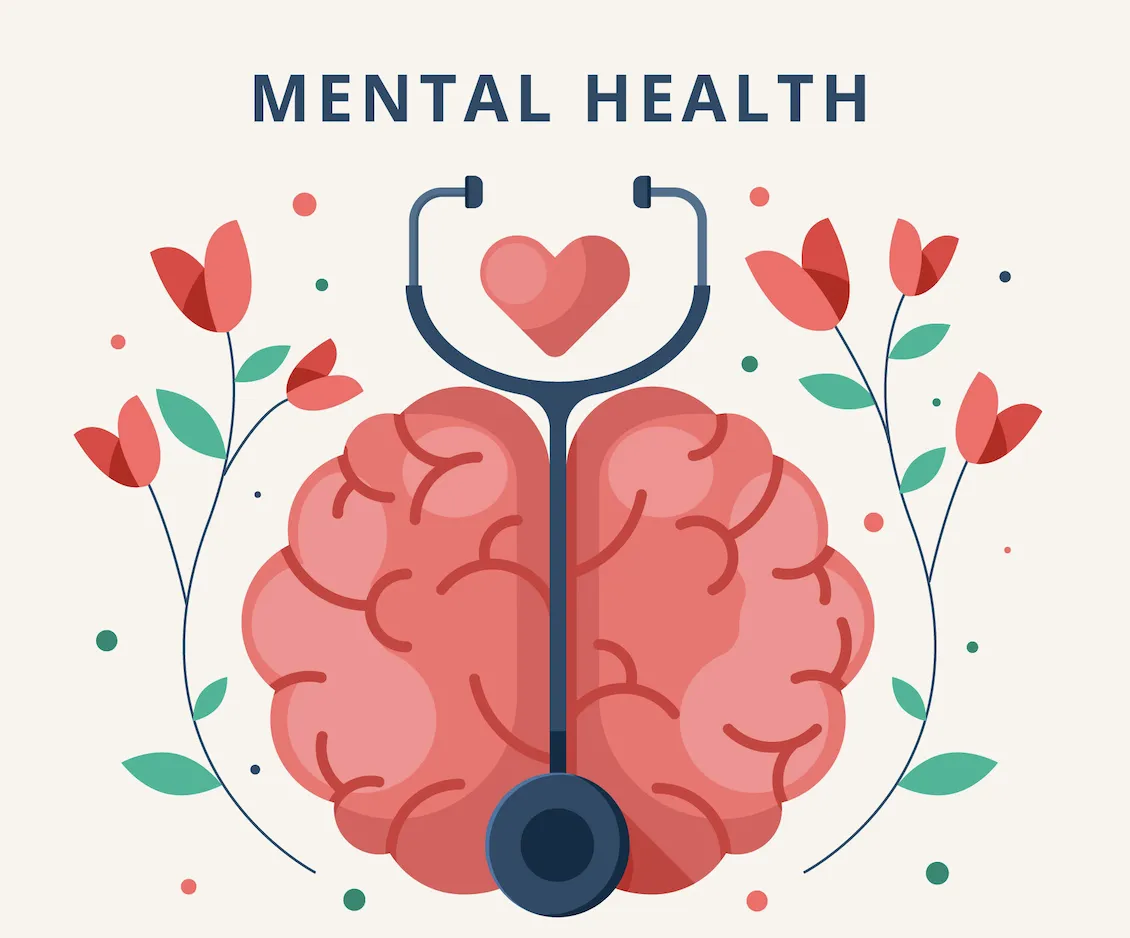
Mental Health Conditions
Mental health conditions encompass a wide range of disorders that affect an individual's mood, thinking, and behavior. These conditions can include depression, anxiety disorders, schizophrenia, eating disorders, and addictive behaviors, among others. Mental health issues can arise from a complex interplay of genetic, biological, environmental, and psychological factors. They often manifest through symptoms such as persistent sadness, excessive fear or worry, mood swings, withdrawal from social activities, and changes in eating or sleeping patterns. Effective management and treatment, such as therapy, medication, and support from loved ones, can significantly improve the quality of life for individuals experiencing mental health conditions. Early intervention and a holistic approach to mental health care are crucial in addressing these challenges and fostering resilience and recovery.
Symptoms
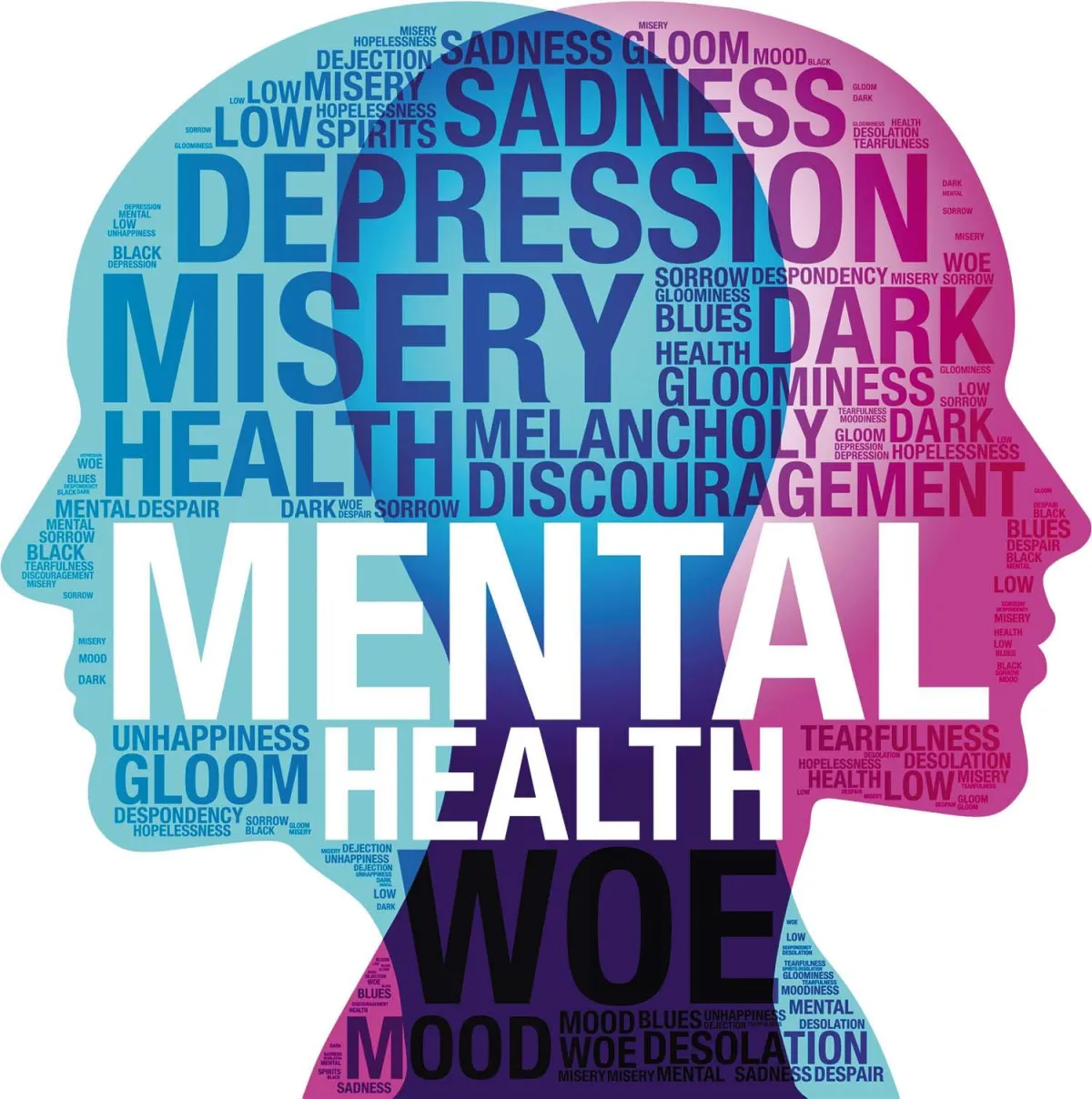
Symptoms of mental health conditions vary widely depending on the specific disorder but can often include the following:
1. Emotional Symptoms:
- Persistent sadness or depression
- Intense or uncontrollable anxiety
- Mood swings or sudden changes in mood
- Feelings of hopelessness or worthlessness
- Irritability or anger
2. Cognitive Symptoms:
- Difficulty concentrating or making decisions
- Memory problems
- Intrusive thoughts or obsessive thinking
- Delusions or false beliefs
- Hallucinations, such as hearing or seeing things that aren't there
3. Behavioral Symptoms:
- Withdrawal from social activities or relationships
- Changes in eating or sleeping patterns
- Neglecting personal hygiene or self-care
- Engaging in risky or self-destructive behaviors
- Increased use of alcohol or drugs
4. Physical Symptoms:
- Unexplained physical aches and pains
- Fatigue or lack of energy
- Changes in weight or appetite
- Insomnia or excessive sleeping
- Panic attacks, which can include heart palpitations, shortness of breath, or dizziness
5. Psychosocial Symptoms:
- Feelings of detachment or unreality
- Paranoia or excessive suspicion
- Difficulty managing daily stress
- Problems with work, school, or family responsibilities
- Reduced ability to cope with daily activities and challenges
It's important to recognize that experiencing one or more of these symptoms doesn't necessarily mean someone has a mental health condition, but persistent or severe symptoms may indicate the need for professional evaluation and support.
Treatment Options

The best treatment options for mental health conditions often involve a combination of approaches tailored to the individual's specific needs. Here are some of the most effective treatment options:
1. Psychotherapy (Talk Therapy):
- Cognitive Behavioral Therapy (CBT): Helps individuals identify and change negative thought patterns and behaviors.
- Dialectical Behavior Therapy (DBT): Focuses on emotional regulation, mindfulness, and interpersonal effectiveness, often used for borderline personality disorder.
- Psychodynamic Therapy: Explores unconscious patterns and past experiences to understand and resolve current issues.
- Interpersonal Therapy (IPT): Addresses problems in personal relationships and social functioning.
2. Medication:
- Antidepressants: Often used to treat depression and anxiety disorders.
- Mood Stabilizers: Used for bipolar disorder and mood swings.
- Antipsychotics: Used to treat schizophrenia and severe mood disorders.
- Anxiolytics: Help manage anxiety and panic disorders.
- Stimulants: Commonly used for attention-deficit/hyperactivity disorder (ADHD).
3. Lifestyle Changes:
- Regular Exercise: Can improve mood and reduce anxiety.
- Healthy Diet: Nutrition plays a role in overall mental health.
- Adequate Sleep: Essential for emotional regulation and cognitive function.
- Stress Management Techniques: Includes mindfulness, meditation, and relaxation exercises.
4. Support Groups:
- Provide a sense of community and shared experience.
- Offer practical advice and emotional support from peers.
5. Mindfulness and Meditation:
- Helps improve focus, reduce stress, and increase emotional resilience.
- Techniques such as mindfulness-based stress reduction (MBSR) can be particularly effective.
6. Alternative Therapies:
- Art Therapy: Uses creative expression to help process emotions.
- Animal-Assisted Therapy: Involves interaction with animals to improve emotional well-being.
- Acupuncture and Yoga: Can help reduce symptoms of anxiety and depression.
7. Hospitalization and Intensive Outpatient Programs:
- Necessary for severe mental health conditions or crises.
- Provide a structured environment for intensive treatment and stabilization.
8. Self-Help Strategies:
- Reading self-help books and using online resources.
- Developing coping skills and strategies to manage symptoms.
Effective treatment often involves a combination of these options and should be tailored to the individual's unique situation. Consulting with mental health professionals can help determine the most appropriate treatment plan.
Available Help
988 Suicide and Crisis Lifeline We can all help prevent suicide. The 988 Lifeline provides 24/7, free and confidential support for people in distress, prevention and crisis resources for you or your loved ones, and best practices for professionals in the United States.
Find A.A. Near You This website does not contain a meeting finder. Contact one of the A.A. resources below for a meeting list in that location and the surrounding area.
The Online Intergroup of Alcoholics Anonymous, or OIAA, is an International service organization established in accordance with the Ninth Tradition of Alcoholics Anonymous A.A., specifically for the purpose of assisting online.
All of the efforts of Narcotics Anonymous are inspired by the primary purpose of our groups. Upon this common ground we stand committed.
Marijuana Anonymous is a simple program based on one addict helping another.
A simple, supportive approach to mental health care. Find a therapist who fits your needs and takes your insurance.
The United States Department of Veterans Affairs is a Cabinet-level executive branch department of the federal government charged with providing lifelong healthcare services to eligible military veterans at the 170 VA medical centers and outpatient clinics located throughout the country.
NAMI is the National Alliance on Mental Illness, the nation’s largest grassroots mental health organization dedicated to building better lives for the millions of Americans affected by mental illness.
If you or someone you know has a mental illness, is struggling emotionally, or has concerns about their mental health, there are ways to get help.
The Substance Abuse and Mental Health Services Administration (SAMHSA) is the agency within the U.S. Department of Health and Human Services (HHS) that leads public health efforts to advance the behavioral health of the nation and to improve the lives of individuals living with mental and substance use disorders, and their families.
The National Network of Depression Centers (NNDC) develops and fosters connections among members to use the power of our network to advance scientific discovery, and to provide stigma free, evidence-based care to patients with depressive and bipolar illnesses.

